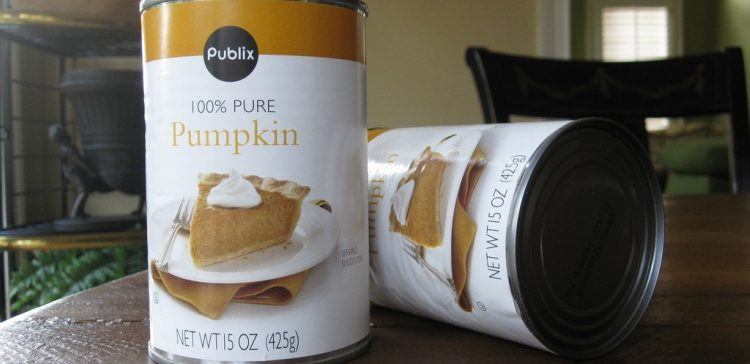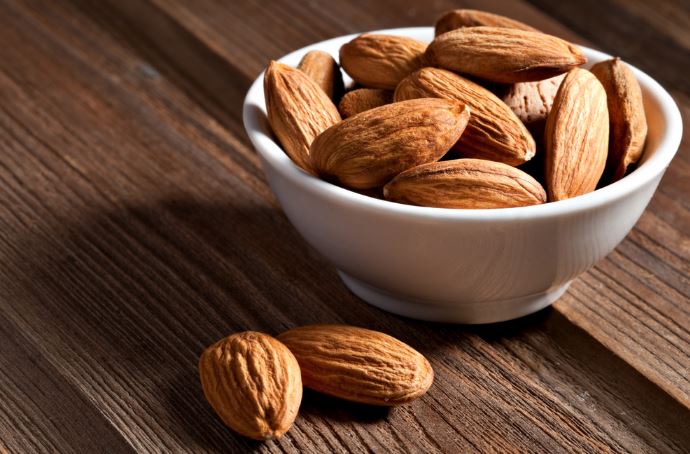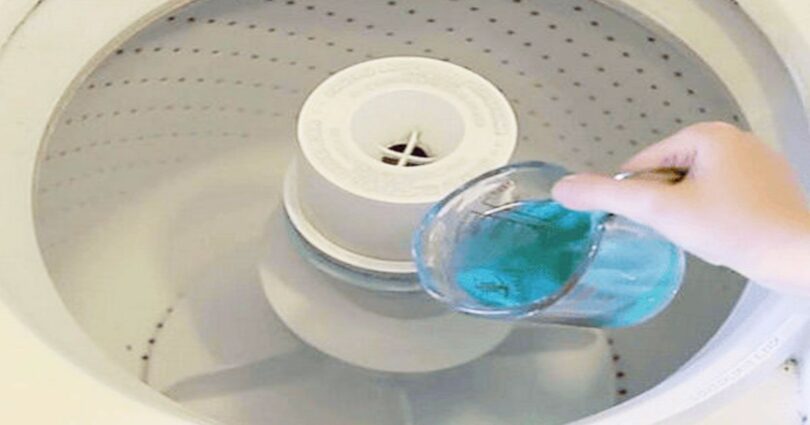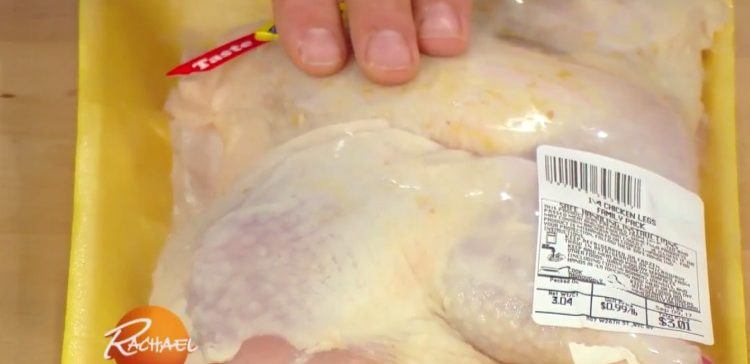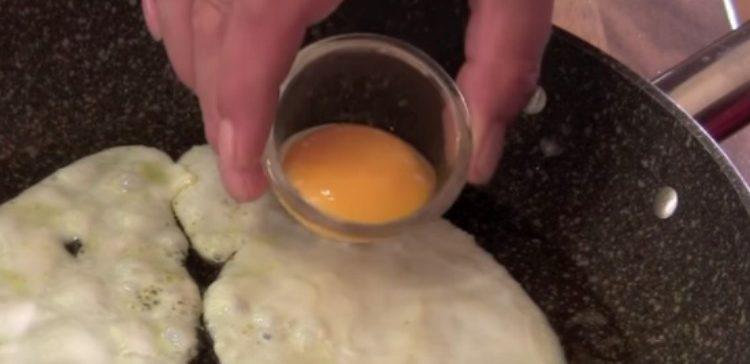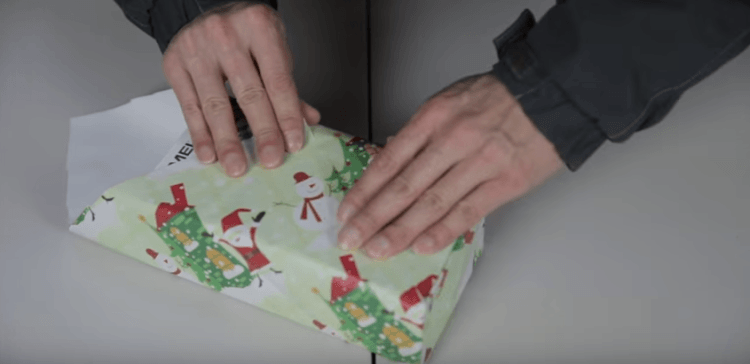When you buy canned veggies at the grocery store, you can open it and see the peas, green beans and corn. So, when you get a can full of pureed pumpkin, it’s assumed that it contains actual pumpkin – especially when the label tells you: “100% pure pumpkin.” You may be disappointed to learn that this popular ingredient featured in many fall treats isn’t made from pumpkin at all.
Food and Wine revealed the bubble bursting news in a recent article that may have you rearranging your canned goods. While the government does much to inspect our food for safety, they appear to play much looser when it comes to labeling. The article points out that the US Department of Agriculture is lax with “gourd terminology.”
The Truth About Canned Pumpkin
In other words, that canned pumpkin, despite being advertised and labeled as “100% pure pumpkin” is actually squash. Why is that? Well, Food and Wine points out something that anyone knows who has ever carved and scooped out the insides of a real pumpkin.
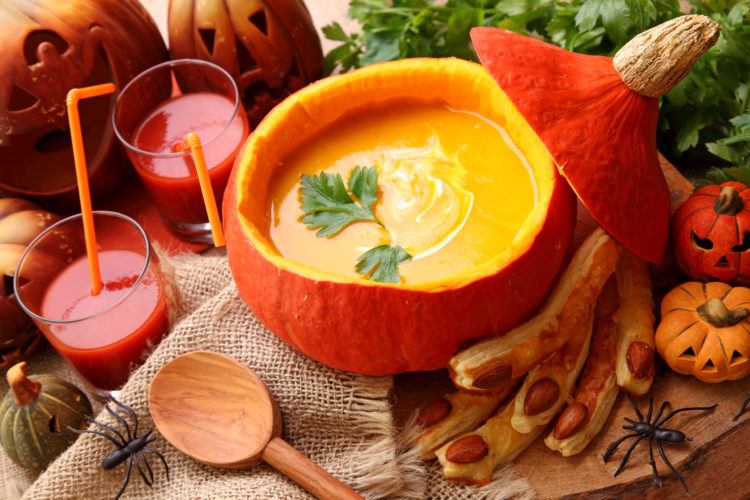
“As it turns out, pumpkins can be fairly stringy and watery; certain varieties of winter squash make a richer, sweeter puree that works way better for packing the now-ambiguous flavor we all love into our favorite fall dishes,” the article explains.
Winter squash includes several varieties with one of the most popular being butternut squash. The article continues to uncover that the brand Libby’s, which distributes 85% of the country’s canned pumpkin, grows their very own variety of squash that they then process and can for grocery stores.
Continue to the Next Page …

